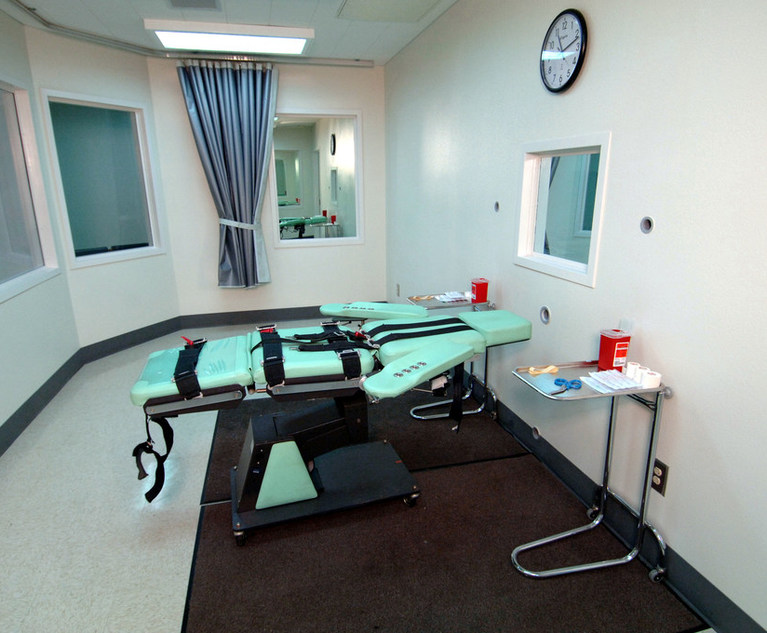Once again, the Supreme Court has turned back for further review and a possible new trial a capital murder conviction and death sentence because of a juror’s racist comments. Tharpe v. Sellers, decided Jan. 8. Tharpe had been convicted of a particularly brutal murder. He ambushed his wife who had left him and forced her into his truck. He then shot her sister, dumped her into a ditch and murdered her, before driving off to kidnap and rape his wife. After unsuccessful appeals to state and federal courts, he again sought habeas corpus relief on the ground that a white juror was biased against him because he is black. The 11th Circuit, federal district and state courts all had concluded that he failed to demonstrate that the juror’s “behavior had substantial and injurious effect or influence in determining the jury’s verdict.” This conclusion, the five-justice per curiam majority agreed, generally would be binding “in the absence of clear and convincing evidence to the contrary.” The majority found such evidence in an affidavit by a single white juror, interrogated by defense counsel seven years after Tharpe’s conviction. As summarized by the majority, the affiant stated: “In his view there are two types of black people,: 1: Black folks and 2. N****r;” that Tharpe, “who wasn’t in the ‘good‘ black’ folks category in my book, should get the electric chair for what he did”; that some of the jurors voted for death because they felt Tharpe should be an example to other blacks who kill blacks, but that wasn’t his reason. The majority concluded that this “remarkable affidavit – which he never retracted” presented a strong factual basis for the argument that Tharpe’s race affected the juror’s vote for a death verdict, and that at the very least jurists of reason could debate whether Tharpe had shown by clear and convicting evidence that the state court’s factual determination was wrong. The court had stayed Tharpe’s execution just moments before he was to be lethally injected, granted his petition for certiorari, and without further briefing or argument summarily vacated the 11th Circuit judgment and remanded for further consideration of entitlement to habeas corpus relief.
Even putting aside the court’s summary disposition, which is reserved for the most unusual cases, the court’s per curium opinion is troubling. The majority’s summary of the pivotal affidavit was accurate enough as far as it went, but omitted among other things that, two days later, the state obtained another affidavit from the juror where, among other things, he stated that he “did not vote to impose the death penalty because [Tharpe] was a black,” but instead “because the evidence presented at trial justified it and because Tharpe showed no remorse.” Further, that when he signed the first affidavit, he had been drinking for several hours. Ten jurors, including two African-Americans, testified and the 11th swore in an affidavit that race was not a factor in their deliberations. As dissenting Justice Thomas complained, the majority’s conclusion plows through three levels of deference; to trial courts’ findings on questions of juror bias; to state courts’ factual findings in habeas proceedings; and to discretionary decisions of federal district courts under Rule 60(b).


 Justice Clarence Thomas
Justice Clarence Thomas




